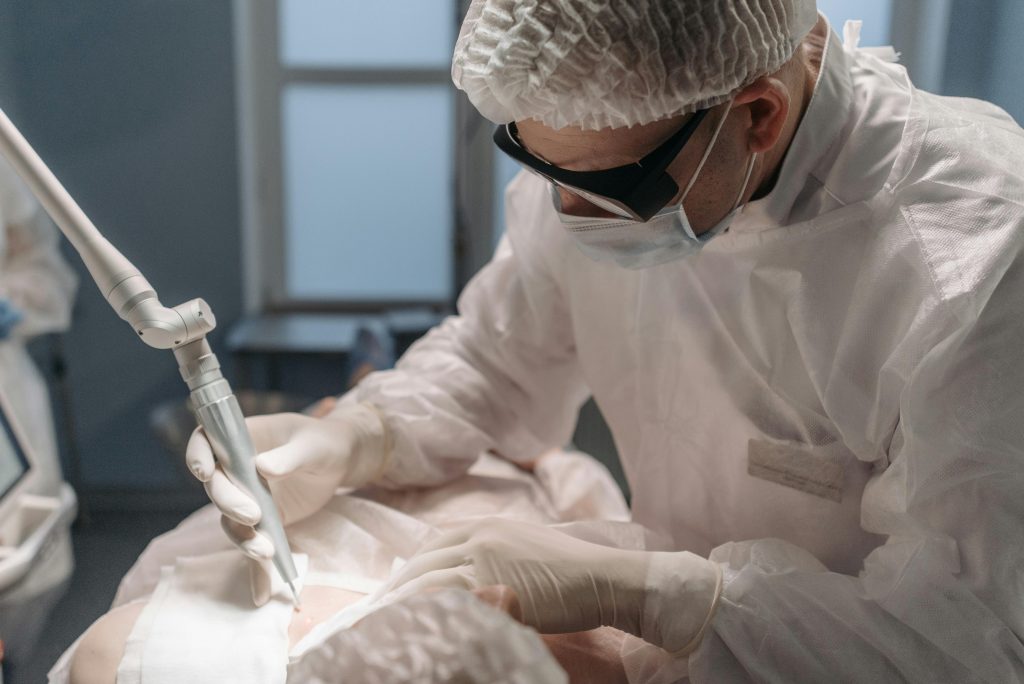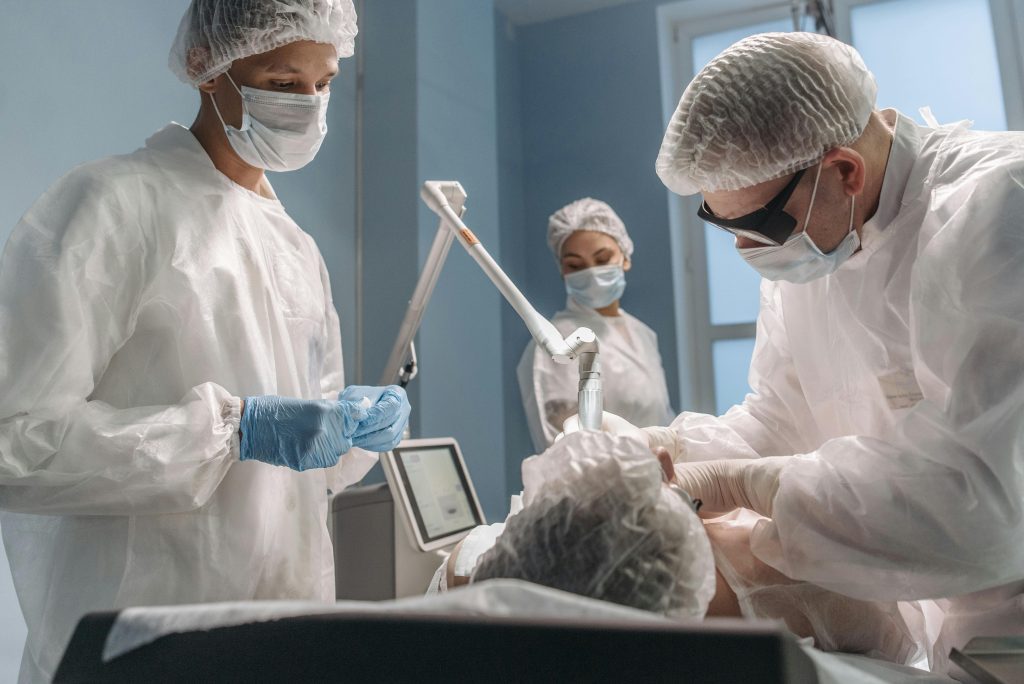Treatments
Prosthodontist Services in Lahore
Prosthodontics is a specialized field of dentistry that concentrates on the restoration and replacement of teeth. Prosthodontists are highly-trained dental specialists who provide advanced dental treatments to repair or replace damaged or missing teeth, ensuring that patients receive the highest level of care possible.
At SmileOn Dental we provide expert Prosthodontic services in Lahore. Your perfect smile is only a consultation away!
What Is a Prosthodontist?
Prosthodontics dentistry that focuses on restoring and replacing teeth using dental prosthetics. Prosthodontists have advanced training and skills to provide a range of treatments, including crowns, bridges and dentures. They may also use dental implants to support these prostheses.
In addition, they can restore damaged teeth with veneers, reshape irregular teeth and perform complete smile makeovers using various techniques. These treatments are essential for maintaining oral health and functionality, especially who have experienced Missing teeth or oral trauma. Our specialist prosthodontist will professionally handle all your cases and offer excellent treatment and results.


Benefits of Prosthodontist Services
These particular treatments are personalized to solve many dental problems allowing you to have lasting comfort and esthetics.
Key benefits include:
- Restored Oral Function
- Enhanced Aesthetics
- Improved Oral Health
- Long-lasting Results
- Comfort and Fit
- Boosted Self-Confidence
The prosthodontist services does not only involve making patients have better smiles but also enhances dental health, provides a function that was lost and increases self-esteem.
Need To Know
Why choose SmileOn
- Experienced specialists
- Advanced technology
- Patient-centric care
- Proven results
How long it takes
- The first consultation visit will usually take around 30 minutes
- Treatment visits will usually take around 60 to 90 minutes
You may be asked about
- Dentist prosthodontist will ask your dental history and medical history
- Your oral health care routine at home
Quick tip
- Proper care of one’s mouth must also be taken to get a long-lasting prosthodontic treatment.
- Use floss and a toothbrush to maintain good oral hygiene.
- Also, visit your dentist every 6 months.
FAQs
01. What is the price of visiting a prosthodontist?
Procedures by a prosthodontist may differ depending on their cost, depending on the degree of treatment needed. In a consultation, the prosthodontist is able to assess the required treatments and is able to give a rough cost to the patient.
02. What is a maxillofacial prosthodontist?
A maxillofacial prosthodontist is a dental specialist qualified to address the complex needs of the patient with prosthetic challenges in the face, head, neck and jaws, and oral structures. These conditions may be by birth, due to trauma, surgery, congenital defects or disease.
Maxillofacial prosthodontists fabricate specific prosthetic devices that help patients to regain function, structure of mouth, and overall well-being.
03. Is Prosthodontic treatment painful?
The comfort of our patients is our priority when delivering prosthodontic treatment. Though you may not be able to feel any pain during your treatment, discomfort is quite typical. I know, dear, that if you had an extraction in your therapy, you should normally feel pain and swelling. For further advice or questions concerning pain during or after the treatment, contact your prosthodontist during consultation.
04. Who would go to a prosthodontist and why?
When one has a missing tooth or even needs a physical alteration in the mouth so as to have a better look then the person can go see a prosthodontist. A prosthodontist is a general dentist with a subspecialty area of dental prosthetics concentrated in the fabrication of replacement of the mouth and the teeth it contains. They also can help you if you have dentures or removable partial dentures.
05. What is the difference between a dentist and a prosthodontist?
A prosthodontist is a dentist who has specialized training, following the earning of a dental degree of four years. In actuality, a majority of general practitioners of dentistry have not done any additional coursework that enabled them to practice in the specialty of prosthodontics. Prosthodontists focus on patients with complex situations which may involve missing or broken teeth or other mouth structures or functions. They may use crowns, bridges, dentures and dental implants to assist him or her in restoring back to a healthy mouth and smile of the teeth.

